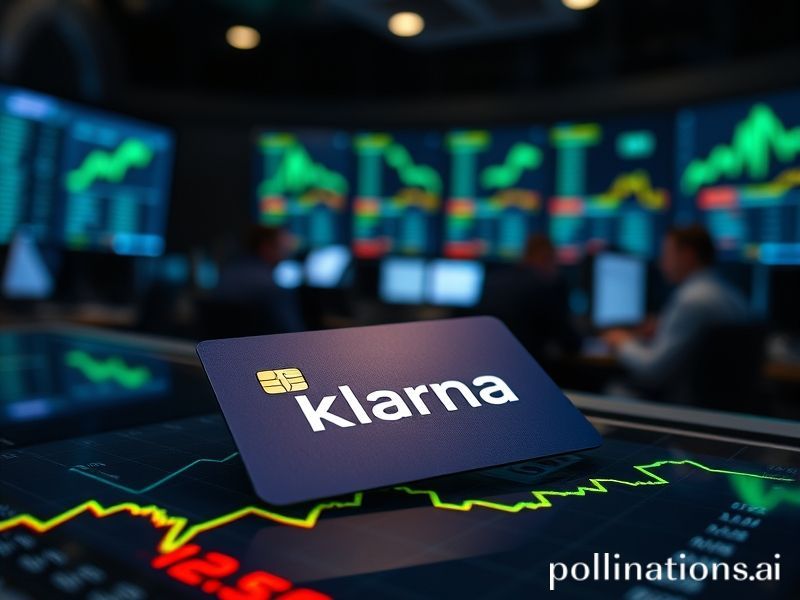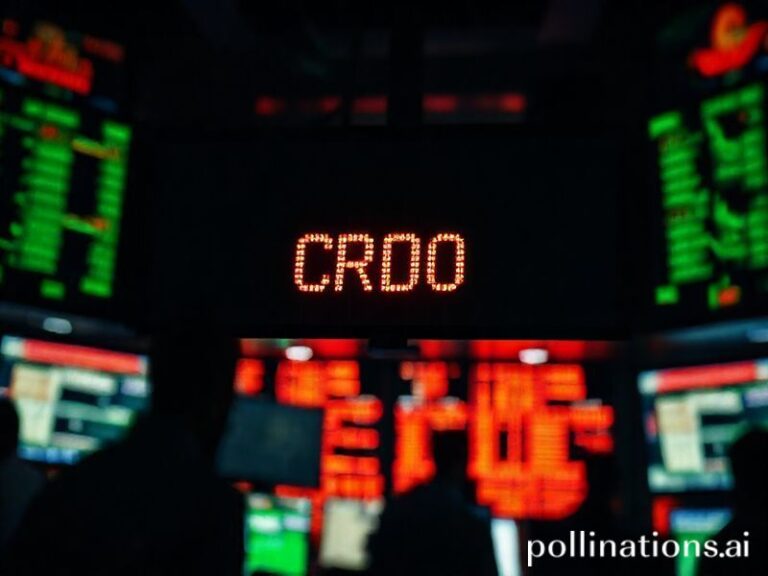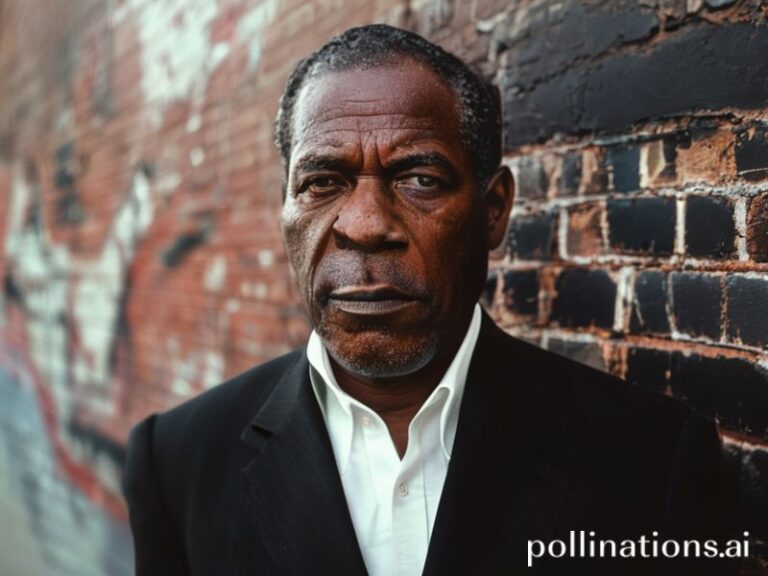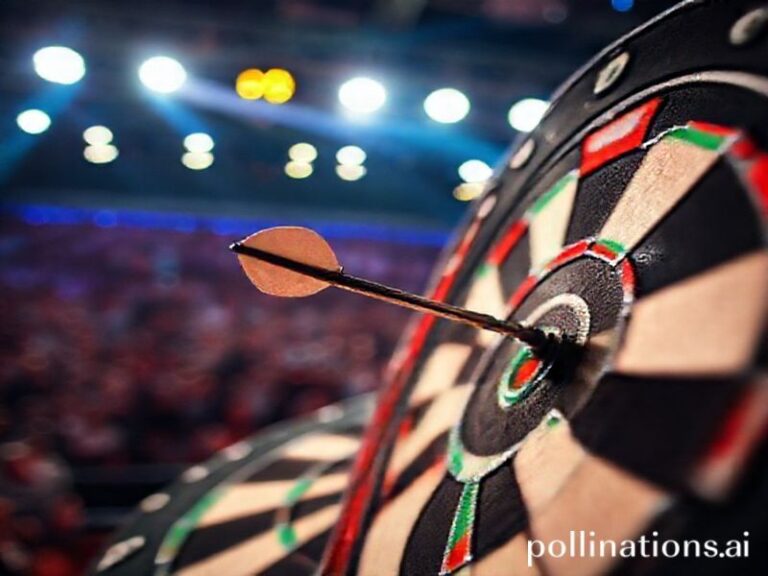Klarna’s Comeback IPO: Global BNPL Darling Seeks Second Chance at First Impression
**Klarna’s IPO Watch: Buy-Now, Pay-Later Meets Buy-Now, Pray-Later**
Stockholm—The city that once gave the world dynamite and ABBA is now preparing to gift Wall Street something even more explosive: Klarna, the Swedish fintech unicorn that taught teenagers how to finance a pair of socks in four easy payments. After shelving a €50 billion listing during the 2022 tech rout—roughly the moment humanity rediscovered that interest rates can, in fact, go up—Klarna is dusting off its prospectus again. The rumored valuation this time? A sober €15-20 billion, proving that even fairy-tale creatures get hangovers.
Globally, the re-heated IPO is being read like tea leaves in a cracked cup. Europe’s venture capitalists, still nursing SoftBank-era bruises, hope a decent debut will reopen the regional exit window that has been bolted shut since Boris Johnson discovered hairdressers. Asian sovereign-wealth funds—those polite vampires hunting 7 % in a 3 % world—are reportedly “kicking the tires,” though in Singapore that phrase is Mandarin for “demanding board seats and a liquidation preference.” Meanwhile, American retail investors, fresh off meme-stonk rehab, whisper: “If I can split tacos into installments, surely I can split risk into retirement.”
Klarna’s pitch is elegantly simple: insert itself between Gen-Z’s FOMO and merchants’ desperation, skim a fee from both sides, and outsource the credit risk to someone else’s future. It’s a business model as Scandinavian as flat-pack furniture—looks sleek until you count the missing screws. The company’s own default data, smuggled out in last year’s investor deck, hints that late payments rise in lockstep with TikTok trends, a correlation the UN sadly fails to track.
Internationally, regulators have stopped giggling. The U.K. is rolling out “BNPL” rules that treat four-pay jeans like mortgages—because nothing says financial stability like equating denim with real estate. Australia, still scarred by payday-lending crocodiles, now forces lenders to verify that shoppers can, astonishingly, afford what they purchase. Brussels, never one to miss a parade, is drafting an EU-wide directive tentatively titled “Thou Shalt Not Trick Millennials.” All of which means Klarna’s path to profitability could resemble navigating the Stockholm archipelago drunk on aquavit: scenic, legal, but strewn with granite surprises.
Yet the symbolism is bigger than one firm. Klarna’s listing will test whether the West can still export financial innovation that isn’t, well, crypto. Emerging markets are watching to see if “instant gratification on credit” sells in Jakarta the way it sells in Jersey. Spoiler: Indonesian regulators already capped BNPL down-payments at 5 %, roughly the sticker price of a conscience. If Klarna stumbles, expect copycats from Lagos to Lima to pivot from “zero-interest” to “zero-chance,” shoving the sector into the same graveyard as Pogs and collateralized debt obligations.
Back home, Swedes display the national pastime of pretending modesty while minting money. Local newspapers fret about household debt, then promptly advertise zero-interest e-bikes. The central bank, having joined the negative-rate hall of fame, now raises borrowing costs with the enthusiasm of a substitute teacher confiscating vodka. Should Klarna’s IPO pop 30 % on day one, Stockholm’s housing market will probably add another bubble wrap layer; if it drops, expect candle-lit vigils and surging Spotify streams of “The Winner Takes It All.”
For the rest of us, the spectacle is a handy Rorschach test. Bulls see a scalable payments platform poised to monetize every dopamine click from Manila to Montevideo. Bears see a dressed-up subprime lender surfing the final wave of free money before the tide retreats, leaving only skinny-dippers and seaweed. The truth, as usual, lies somewhere between IKEA’s showroom and its warehouse: brightly lit, moderately affordable, and requiring an Allen key of denial.
So mark your calendars, diversify your cynicism, and prepare for roadshow slides featuring pastel cartoons explaining “financial wellness.” Whether you buy in or opt out, remember: the world will always let you split payments—just never the consequences.







